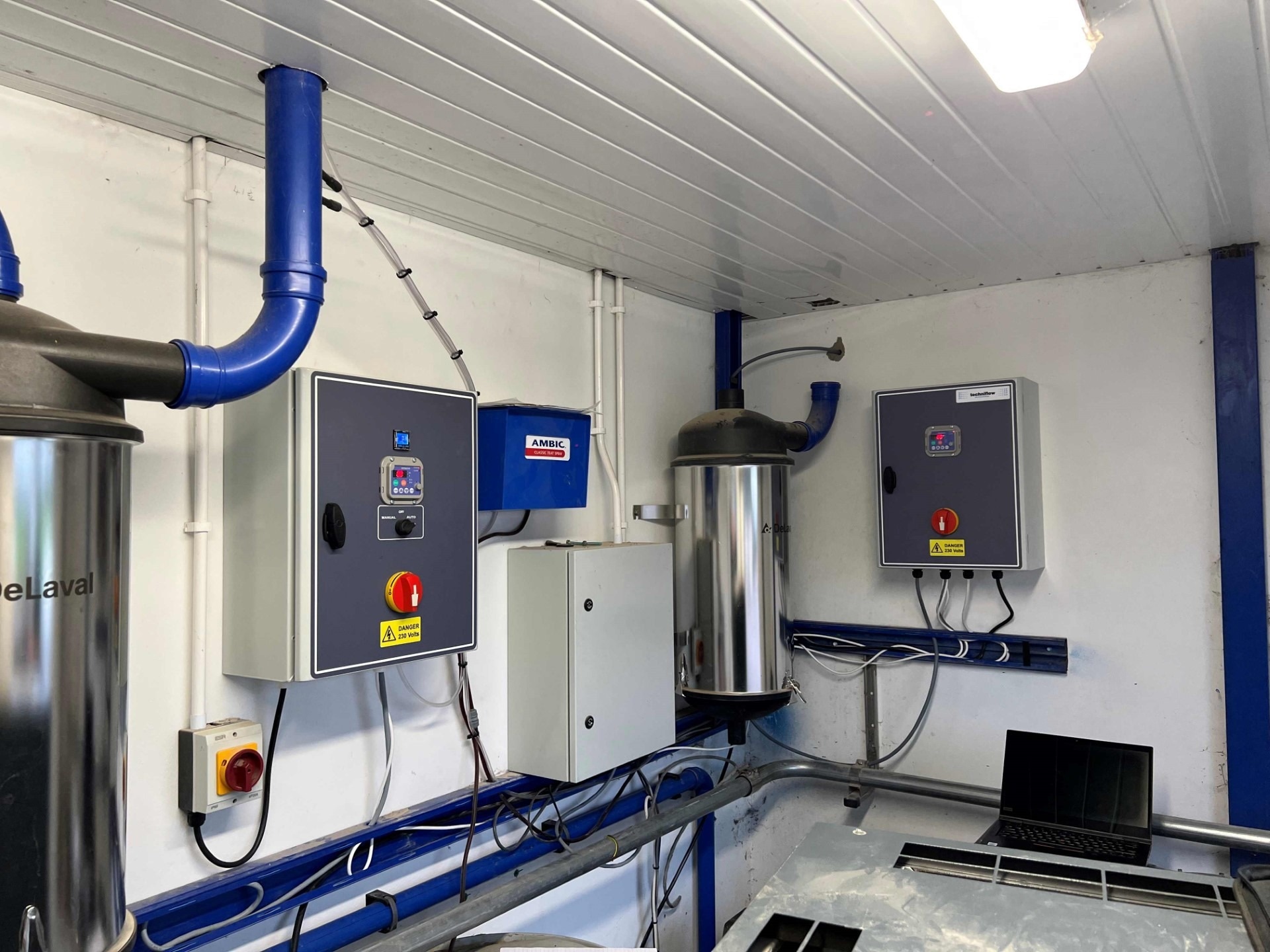The UK's dairy industry is one of the world’s largest and it is experiencing significant growth. While the number of dairy cows has decreased, the yield per cow has increased by 100 per cent since 1975. However, capitalizing on these demands requires more than just improved yield. Here, Andrew Ritchie, technical sales manager at systems integrator, Technidrive, explains how dairy processors can ensure quality management in dairy pumping and processing.

Image Credit: Technidrive
The dairy sector holds tremendous significance for the UK economy, being the 13th largest global milk producer and valued at £4.4 billion in 2020, according to the UK parliament. Dairy products play a pivotal role in the lives of countless consumers, serving as essential ingredients in a wide array of food offerings.
Despite its longstanding importance, the dairy industry faces unprecedented challenges that impact various stakeholders, from farmers to manufacturers. Ensuring that each step, from raw milk to the final product, meets the highest standards is no small feat. Temperature fluctuations and minor processing mishaps have the potential to significantly influence the outcome, reinforcing the need for improved quality management.
Prioritizing the delivery of safe and high-quality products requires more than just compliance with regulations; it necessitates a proactive approach in adapting operational processes and investing in technology that exceed the standards set by the Food Standards Agency (FSA).
Environmental sustainability is also a crucial consideration. While many businesses strive to minimize their environmental impact, energy and water usage in dairy processing is unavoidable. With the urgent need to minimize the industry’s ecological footprint, managers need to embrace new technology that can optimize energy and water use.
Technology for the Dairy Sector
Technidrive offers a range of specialized equipment tailored for the unique demands of dairy processing. Control solutions like the Techniflow, an advanced control solution specifically developed for milk pumps. It offers optimum efficiency, enhanced milk quality, improved milk cooling efficiency, reduced energy costs on refrigeration, increased pump lifespan, and lower noise levels. By using Techniflow, dairy businesses can achieve high-quality results and unlock their full potential in terms of efficiency, productivity and product quality.
The Technivac is another innovative vacuum system control solution offered by Technidrive. This technology is designed to significantly enhance vacuum systems, potentially improving efficiency by up to 55 per cent compared to traditional fixed speed systems. By replacing the outdated fixed speed control with a highly efficient variable speed controller, Technivac ensures vacuum systems operate at their full capacity during milking. Installing the Technivac is a seamless process, as it can be integrated with existing vacuum pumps in a single day.
Selecting machinery that accommodates the delicate nature of dairy products is a critical factor in boosting productivity while maintaining quality. By adopting efficient dairy systems, the environmental impact stemming and energy consumption can be significantly reduced, while also improving economic competitiveness.
Several years ago, an industry leading manufacturer wanted to run a three-phase robotic milking machine from a domestic 230v power supply. They faced challenges due to insufficient energy to power all equipment simultaneously. In response, Technidrive developed the comprehensive Technivac control system to address this issue, seizing the opportunity to create a universal vacuum-on-demand control system.
Technidrive's extensive track record of successful collaborations with dairy processors underscores the profound impact of strategic partnerships in the industry. Through close cooperation, Technidrive has developed comprehensive control systems and innovative solutions, with over 600 installations in dairy farms across the UK and Ireland.